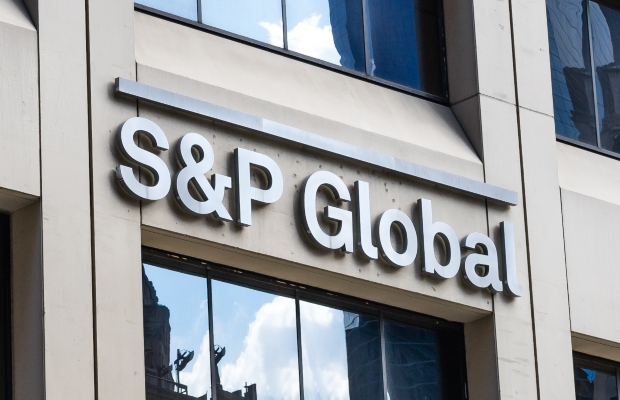
S&P affirms Pakistan’s long-term rating at B-
Stresses Islamabad faces no imminent shortfall in financing to meet expenditure
S&P Global Ratings has affirmed Pakistan's long-term sovereign credit rating at 'B-' and short-term rating at 'B' with a stable outlook, meaning that Covid-19 has temporarily disrupted government's aim of economic balancing as the need for foreign and local financing to meet expenditure may remain high with likely drop in the tax-to-GDP ratio in FY21.
However, Islamabad faces no imminent shortfall in financing to meet the budgeted expenditure nor does it encounter a situation that can lead to default on foreign debt repayment since it is under the International Monetary Fund (IMF) programme worth $6 billion since July 2019.
"The government had made solid progress towards important fiscal and economic reforms prior to the start of the global coronavirus outbreak and reform momentum should return once the pandemic is better contained," Standard & Poor's Global Ratings said in its commentary. "Multilateral and official funding will remain critical to Pakistan's external debt sustainability."
"The stable outlook reflects our expectations that donor and partner financing will ensure that Pakistan can meet its external obligations over the next 12 months and that the country will continue to roll over its commercial credit lines," it said.
It also affirmed long-term issuer rating on Pakistan's senior unsecured debt and Sukuk trust certificates at 'B-'.
According to S&P, the ratings on Pakistan remain constrained by a narrow tax base and domestic and external security risks, which continue to be high.
Although the country's security situation has gradually improved over the recent years, ongoing vulnerabilities weaken the government's effectiveness and weigh on the business climate, it added.
"The Covid-19 pandemic has exacerbated Pakistan's economic downturn and we expect the sovereign's credit metrics to remain under pressure for the next two to three years."
Prior to onset of the pandemic, Pakistan was making important headway towards implementing economic and fiscal reforms under its loan programme with the IMF.
As of end-December 2019, the government had met all performance criteria and completed all structural benchmarks of the IMF programme, the report said.
"In particular, Pakistan had made strong progress towards containing its twin current account and primary fiscal deficits, and had begun to rebuild its foreign exchange reserves alongside a more flexible rupee exchange rate regime," the agency said.
The pandemic will further challenge progress in some of these areas, especially fiscal consolidation and reserve accumulation. "Renewed weakness in the economy will undermine revenue generation while complicating the government's efforts to curtail expenditure," it said.
GDP to grow 1.3%
S&P has anticipated that Pakistan would achieve economic growth of 1.3% in the current fiscal year compared to a contraction of 0.4% in the previous fiscal year ended June 30, 2020. In real terms, however, Pakistan's economic growth would remain negative for the third consecutive year, it said.
Published in The Express Tribune, August 22nd, 2020.
Like Business on Facebook, follow @TribuneBiz on Twitter to stay informed and join in the conversation.















COMMENTS
Comments are moderated and generally will be posted if they are on-topic and not abusive.
For more information, please see our Comments FAQ